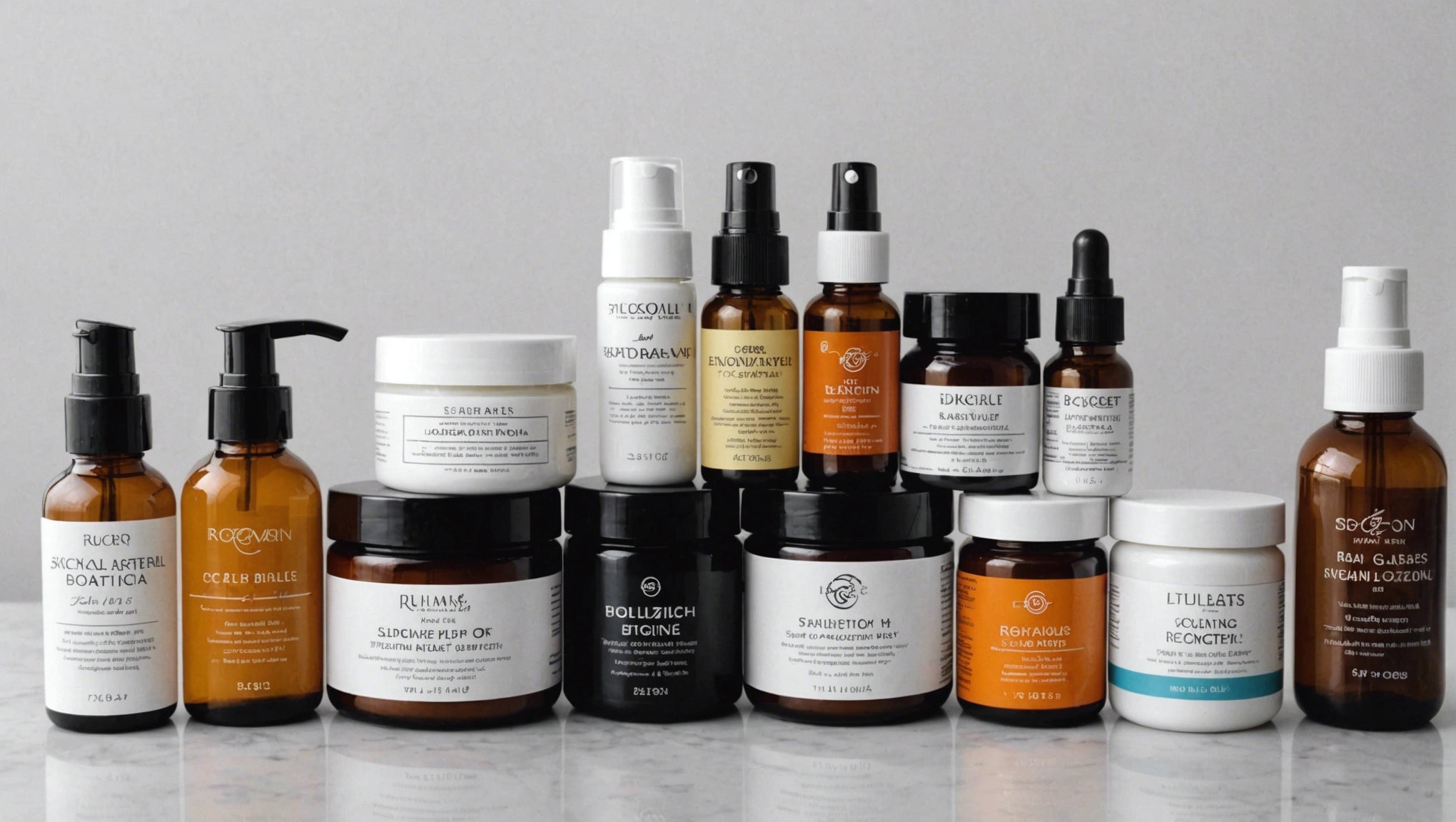
Skin Barrier Repair

Maintaining healthy and resilient skin relies on the integrity of its protective layer. This shield, known as the stratum corneum, acts as a barrier against environmental stressors, pathogens, and moisture loss. Compromised skin barrier can result in dryness, sensitivity, and increased susceptibility to infections. Understanding the mechanisms of repair is crucial for addressing various skin concerns. This exploration will delve into the key components of the protective layer, the factors disrupting its function, and effective repair strategies. By gaining insights into supporting and enhancing the skin's natural protective mechanisms, overall skin health and well-being can be promoted.
Causes of Skin Barrier Damage
Your skin barrier is a crucial part of your skin's health, and understanding what can cause its damage is essential for maintaining healthy skin. Several factors can contribute to skin barrier damage, including environmental conditions like low air humidity or excessive sun exposure. Additionally, certain internal factors such as diet can also affect your skin barrier. When the skin barrier is compromised, it may lead to various skin symptoms and conditions, making it important to recognize the signs of damage. Understanding the role of the skin barrier and how to repair it is vital for overall skin health and well-being.
Signs of a Compromised Skin Barrier
More often than not, dryness, redness, or irritation is a telltale sign of a compromised skin barrier. You may notice that your skin is stinging, burning, or extra sensitive when applying products. Other signs might be breakouts or worsening of other skin conditions like eczema or rosacea. Harsh chemicals in acne-fighting products, over-exfoliation, and retinoid use are all culprits that can inflame conditions like eczema and rosacea.
To keep redness and dry, flaky skin at bay, discontinue use of such aggravating products until your skin heals, and then stagger use of anti-acne and anti-aging ingredients to every other day or a few times a week. Ditch cleansers and toners with astringents altogether, opting for those with calming ingredients like colloidal oatmeal—a natural anti-irritant—to help soothe redness. While you're adjusting your skin care routine and paying closer attention to ingredients, it's recommended to remove products with active ingredients like retinoids and alpha hydroxy acids that can irritate the skin.
You might be wondering what your skin’s barrier actually is. Simply put, your skin barrier is a watertight seal that keeps the outermost layers of skin smoothly together. When these outer layers are healthy, skin feels soft, supple, and plump. But if these outer layers are damaged, skin may look dull and feel rough or dry. When the protective barrier becomes damaged or impaired, it loses or becomes unable to hold on to the vital substances that keep skin cells intact: ceramides, cholesterol, and fatty acids like linoleic acid. This leads to water loss and skin becoming more vulnerable to all external aggressors. Not surprisingly, a damaged skin barrier also makes it difficult to repair signs of aging and post-breakout marks.
When your skin barrier is not functioning properly, you may be more prone to developing the following skin symptoms and conditions: dryness, itching, inflammation, and severe dry skin. Additionally, without your skin barrier, the water inside your body would escape and evaporate, leaving you completely dehydrated. Research shows that products containing pseudo-ceramides may help improve the dryness, itchiness, and scaling caused by a poorly functioning barrier. Ceramide-rich moisturizers may also strengthen the structural integrity of your skin barrier. To help repair your skin’s barrier, look for occlusive ingredients when shopping for barrier-repairing products. Some types of scrubs and brushes may temporarily damage your skin barrier.
The Importance of Skin Barrier
The skin barrier is crucial for maintaining healthy, hydrated, and protected skin. There are various methods for repairing the skin barrier, and incorporating these into your skincare routine can make a significant difference. One effective approach is the use of plant oils, which can nourish the skin with essential fatty acids and omegas, promoting barrier recovery. Some of the most effective plant oils to consider using on your skin include Borage Oil, Evening Primrose Oil, and Flaxseed Oil. Additionally, occlusive moisturizers aid the skin barrier by reducing water loss and leaving a thin film on the skin to prevent moisture loss.
Ceramides and Their Role
Ceramides, found in high concentrations in the stratum corneum, are crucial for ensuring proper skin barrier function. Research suggests that certain plant oils may help repair the skin barrier and prevent moisture loss, while also providing antibacterial, anti-inflammatory, and antioxidant effects. Niacinamide is another accessible and beneficial ingredient for strengthening the skin barrier. It can be easily incorporated into your skincare routine and offers numerous benefits.
Moisturizing Techniques
Gently applying moisturizer to the skin immediately after showering, when the skin is moist, can also aid in repairing the skin barrier. It's important to be mindful of the ingredients in your skincare products and to avoid harsh chemicals that can damage the skin barrier. By incorporating repairing ingredients such as fatty acids, cholesterol, ceramides, and hyaluronic acid into your skincare routine, you can nourish and restore your skin barrier, promoting overall skin health and function.
Maintaining a Healthy Skin Barrier
Maintaining a healthy skin barrier is essential for overall skin health. There are many ways to protect and restore your skin's barrier, including using plant oils, ceramides, and products with the right pH. Research suggests that certain plant oils and moisturizers containing pseudo-ceramides can help improve dryness, itchiness, and scaling caused by a poorly functioning barrier. Additionally, incorporating ingredients like fatty acids, cholesterol, and hyaluronic acid can aid in restoring and maintaining the skin barrier. It's important to be mindful of the products you use and to avoid overcomplicating your skincare routine, as this can inadvertently weaken the skin barrier.
To prevent damage and aid in repair, gentle cleansing and moisturizing with ingredients like glycerin, hyaluronic acid, and ceramides are recommended. By following these steps and incorporating the right ingredients, you can maintain a healthy skin barrier, leading to smoother, softer, and younger-looking skin.
Skin barrier repair is crucial for maintaining healthy and radiant skin. As we've explored the benefits of LED light therapy in promoting cell growth, accelerating wound healing, and stimulating collagen and elastin production, it's evident that incorporating this technology into our skincare routine can lead to plumper, smoother, and more youthful-looking skin. Angela Caglia's patented Crystal LED Face Mask, in combination with her recommended moisturizer and serum, offers a convenient and effective way to experience the rejuvenating effects of LED light therapy at home. To explore further and enhance your skincare routine, visit Angela Caglia's blog on LED light therapy at. relevant_url .



Leave a comment
This site is protected by hCaptcha and the hCaptcha Privacy Policy and Terms of Service apply.